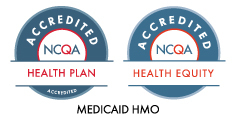
Having a baby is a big life change. It can bring a lot of love and joy. But for many new moms (and some dads), it can also be hard. You might feel sad, worried or tired after your baby is born. This is common and can happen to anyone.
But sometimes, these feelings don’t go away. If you are feeling very sad or overwhelmed for more than two weeks, you may have something called postpartum depression. It’s more than just the “baby blues.”
What is postpartum depression?
Postpartum depression is a kind of depression that happens after having a baby. It can make it hard to care for yourself or your baby. It is not your fault, and it doesn’t mean you’re a bad parent. It’s a health condition and it can be treated.
How do I know if I have it?
Feeling tired and stressed is normal after having a baby. But postpartum depression is more serious. Look out for these signs:
- Feeling very sad, hopeless or empty.
- Crying a lot, even when you don’t know why.
- Not enjoying things you used to like.
- Having trouble sleeping, even when the baby is sleeping.
- Sleeping too much or too little.
- Eating more or less than usual.
- Feeling really tired or having no energy.
- Having trouble focusing or paying attention.
- Feeling like you can’t care for your baby.
- Not feeling close to your baby.
- Having scary or upsetting thoughts, like hurting yourself or the baby.
If you feel any of these things, it’s okay to ask for help.
What can I do?
The most important thing to remember is: you are not alone and help is available.
Tell your doctor, a friend or family member how you feel. If you’re an Alliance member, you can get help. Visit our Behavioral Health Care page to learn more.
We can help you:
- Talk to someone about how you feel.
- Find a therapist near you.
- Set up an appointment.
- Learn about your behavioral health benefits.
In a crisis?
If you are in crisis or thinking about hurting yourself or your baby, call or text 988 right away. You can also go to the nearest emergency room or call 911.
How partners and family can help
If someone you know is a new mom or dad:
- Offer help with the baby or around the house.
- Listen without judging.
- Encourage them to talk to their doctor or provider.
- Watch for signs that they might need more help.
Getting help for postpartum depression is good for you and your baby. To learn more about mental health care, visit our Behavioral Health Care page. You can also call Alliance Member Services at 800-700-3874 (TTY: 800-735-2929 or 711), Monday through Friday, from 8 a.m. to 5:30 p.m.



